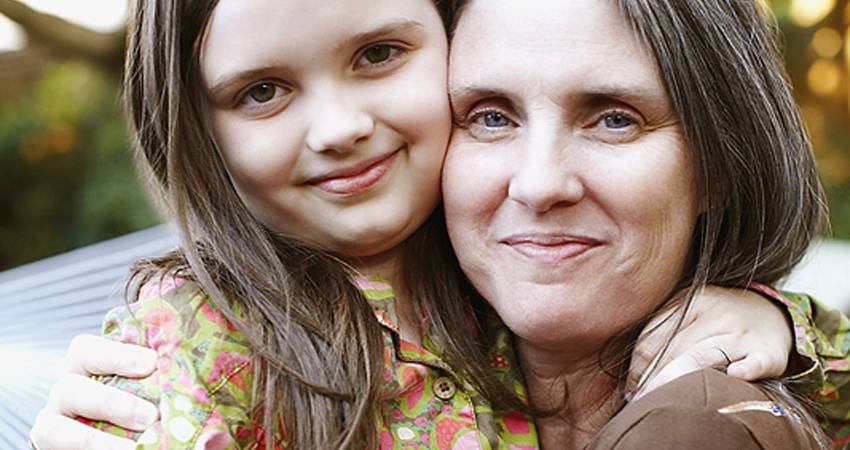
Getting the punishment right
Punishment is one of those loaded terms. For some people it infers the sort of heavy-handed parenting that relies too much on hard discipline. Most parents however see some form of punishment as a necessary corrective that emphasises right from wrong and instills character and values. I suppose the difference in the two meanings comes from the underlying motivation of the parent and the nature of the punishment itself.
While we often worry about the nature of punishment it’s good to take a minute to look at our primary motivation. It’s natural to yell out a punishment when we’re angry, but it can be the wrong thing to do and it might not have the desired effect. It’s better (though difficult, I know) to take a deep breath and look at what has been done and what our reaction should be.
That’s because we want as parents to convey disapproval of a specific behaviour, not just that you are angry with or don’t like your child. Punishment should be a correction, not rejection. You don’t want a child to feel worthless just because they have misbehaved. That’s why it is better, though perhaps requiring of limitless patience, to avoid terms like ‘bad boy’ or ‘bad girl’, and to focus instead on the bad behaviour, saying ‘Kicking is not allowed’, or ‘You must share with your sister’.
I suppose the basic rule is not to punish because we are frustrated or annoyed but because we want the child to know better. This can be twice as difficult when the child is a little young to understand fully but quite big enough to cause chaos and mayhem in the house! One of my boys, almost as soon as he could walk well enough to explore, loved nothing better than to create the most enormous mess everywhere. Washing powder trailed through the entire house, shoes in the bath or toilet, milk on the floor, pots and pans dragged out every twenty minutes, flour on the walls; it was like tidying up after a whirlwind. Since he was still only a (very destructive) baby he was too young to understand - it was all just tremendous fun to him - so we had plenty of frustrated moments until we got sense and put child locks on everything.
Once children are old enough to understand it’s actually easier in the long run to explain why some things they do constitute bad behaviour. Children are quick to empathise, so explaining that ‘smacking other children hurts them’ can have a better effect than just yelling ‘stop’. Likewise explaining that ‘eating your dinner makes you grow big and strong’ is better than throwing a strop. And don’t be afraid to spell out the obvious: ‘If you run onto the road, a car will come along and hurt you very badly.’ Some consequences are too terrible not to be properly explained.
Of course sometimes you can explain until you’re fit to burst and children will still carry on regardless. That’s why as parents we need to face up to it at times and dole out appropriate punishment.
I think punishment should be gentle - you do not need to threaten your child with ferocious consequences, and it’s better to make sure the penalty is something that you can actually carry out. That’s not to say that we shouldn’t convey that we are angry or disappointed at bad behaviour; just that punishment does not have to be cruel to be effective. The reliability of a punishment is more important than its ferocity. Which brings us to smacking. Like most people I see how ridiculous it would be to ban smacking or to forbid parents from using a smack to enforce a very serious lesson - such as running out on the road or sticking a finger in a plug or all the other things children do to give us heart failure. I have a friend who reserves even a small smack only for such serious behaviour - she says that otherwise children can’t distinguish between minor infringements and what is really wrong. I can see where she is coming from.
Sometimes using corrective tools such as a ‘time out’ in the bedroom or ‘no cartoons for two days’ can have a better effect than a smack doled out in anger. Most mammies - in any case - are softies, and seeing your little one in tears after a smack usually makes us undo the supposed effect with hugs and kisses and leaves us feeling guilty. Who’s being punished in that case? Punishments can be difficult to enforce but in the end parents get on with it because we love our children. If we don’t show them how to behave no-one will.
Featured
- Abortion coercion has arrived in Ireland – the NWC are silent
- Review of at-home abortions 'needed after coercion case'
- French Govt to remind 29-year-olds of biological clock
- Huge factor in decline in primary school numbers ignored
- Germany Denies Promoting Abortion Abroad—While Funding Pro-Abortion NGOs
- Govt don’t oppose Coppinger abortion bill at 1st stage
- March for Life: Vance, the White House, and a Divided Pro-Life Movement
- Paris’ Annual March for Life Puts Euthanasia in the Spotlight
- Britain’s seemingly limitless abortion rate
- The importance of the work carried out by Every Life Counts
- Puerto Rico officially recognizes unborn children as ‘natural persons’
- Assisted suicide laws stalled by “complex” legal issues
- Yes, that hideous celebration of 300 abortions is real
- White Crosses Memorial: Dungarvan once again pays its respects to our aborted babies
- Josiah: Abortion Survivor
- Rally for Life 2025


























